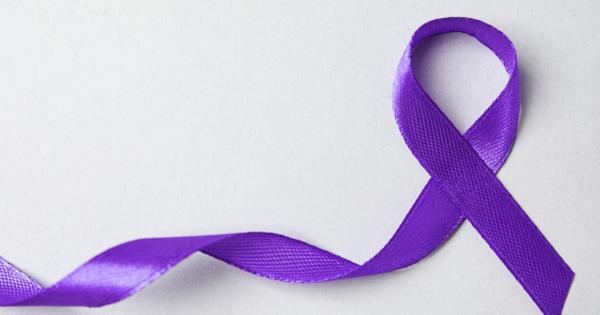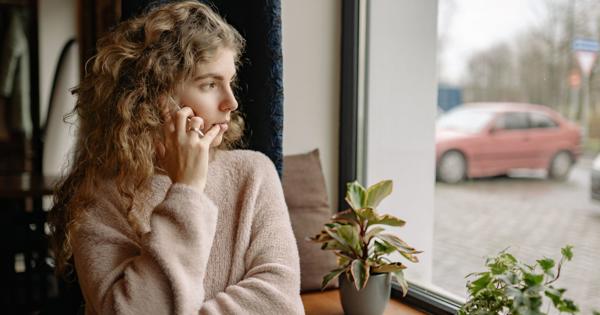Safeguarding FAQs
We have different definitions of safeguarding for adults and young people.
Adult safeguarding
We define adult safeguarding as:
- Protecting an adult’s right to live in safety, free from abuse and neglect.
Children and young people's safeguarding
For children and young people safeguarding means:
- Promoting their welfare
- Protecting them from maltreatment
- Preventing impairment of their health and development
- Ensuring that they grow up in circumstances consistent with the provision of safe and effective care.
Abuse or neglect is any behaviour towards a person that deliberately or unknowingly causes them harm, endangers their life or violates their rights.
This may be the result of deliberate intent, negligence or ignorance and could be from self-neglect.
Types of abuse
There are many different types of abuse that vary depending upon the circumstances of the situation and the persons involved.
Abuse can be:
- Sexual
- Physical
- Financial or material
- Organisational abuse
- Discriminatory abuse
- Domestic Violence
- Modern Slavery
- Psychological abuse
- Self-neglect
- Neglect and acts of omission
- Hate crime
We aim to protect the rights of all adults that we come into contact with whilst carrying out our duties.
Anyone can carry out abuse:
- Any family member
- Neighbours
- Friends
- Local residents
- Criminal gangs
- Paid staff and professionals
- Volunteers and professionals
Adults most at risk of abuse or neglect are usually those people with some form or care or support needs.
There is no one definition to describe an adult with care and support needs. The list below gives examples of adults who may need additional support to manage their lives independently:
- People with a learning disability or physical disability.
- People with mental health needs.
- People with sensory needs.
- People with cognitive needs.
- People who are experiencing short or long-term illness.
- People with long-term health conditions.
- People who misuse substances or alcohol to the extent it affects their ability to manage day-to-day living.
- An older person.
We will work with our customers to help them keep safe and be safeguarded from harm. We believe our customers both young and old have a right to live safely from harm and abuse.
We will work with partner agencies to protect those at risk of abuse or neglect.
We will provide training to its staff and contractors to ensure they are skilled to spot the signs of abuse and neglect and know how to respond.
Our safeguarding work is underpinned by the six principles which govern safeguarding:
- Empowerment
- Prevention
- Proportionality
- Protection
- Partnership
- Accountability
We believe in choice and putting customers at the heart of decisions that can affect how they live their lives.
Emergencies
In an emergency please contact the police on 999 or 101 for non-urgent emergencies
Reporting your concerns to Liverpool City Council
The local authority is the lead organisation in safeguarding in Liverpool and you can raise a safeguarding concern with Liverpool City Council Careline Team.
- Adults - If you have concerns about the safety or well-being of an adult (any person over the age of 18 or over). Contact Careline on 0151 495 2606 or for non-urgent concerns contact Careline here.
- Children and young people - If you have concerns about the safety of a child or young person (any person under the age of 18) you can contact Careline on 0151 495 2606.
Reporting your concerns to SLH
If you have a concern about an adult, child or young person living in one of our homes you can contact us on 0330 303 3000 option 4 or complete the referral form linked below.
How can SLH help ?
We will aim to treat your report in the strictest of confidence, but we cannot guarantee confidentiality. If you raise concerns with us regarding an adult, child or young person, it is likely we will need to share the details with other agencies in order for them to investigate further.
If you raise concerns regarding your own well-being, we will discuss this with you and work with you to empower you to safeguard yourself. We will discuss with you whether you would like a safeguarding concern to be raised with the Local Authority. There may however be occasions when we have to raise a safeguarding concern without your consent, as you or other residents may be at risk of harm or a crime has been committed.
We will aim to offer support or signpost you to other agencies to help you cope with the effects of abuse or neglect.
Policy
-
Safeguarding Policy
pdf | 160Kb
Safeguarding referral form
Related

Domestic abuse
Check out this page for information about what domestic abuse is, how SLH can help, and to report domestic abuse using our online form.

Cuckooing
Find out more about cuckooing - a crime where criminals, or criminal gangs, exploit vulnerable people by taking control of their home, their finances, and their lives.

Hate crime
South Liverpool Homes supports victims of hate crime by offering confidential reporting and guidance, working in partnership with Stop Hate UK to promote safety, respect, and inclusion across its communities.

